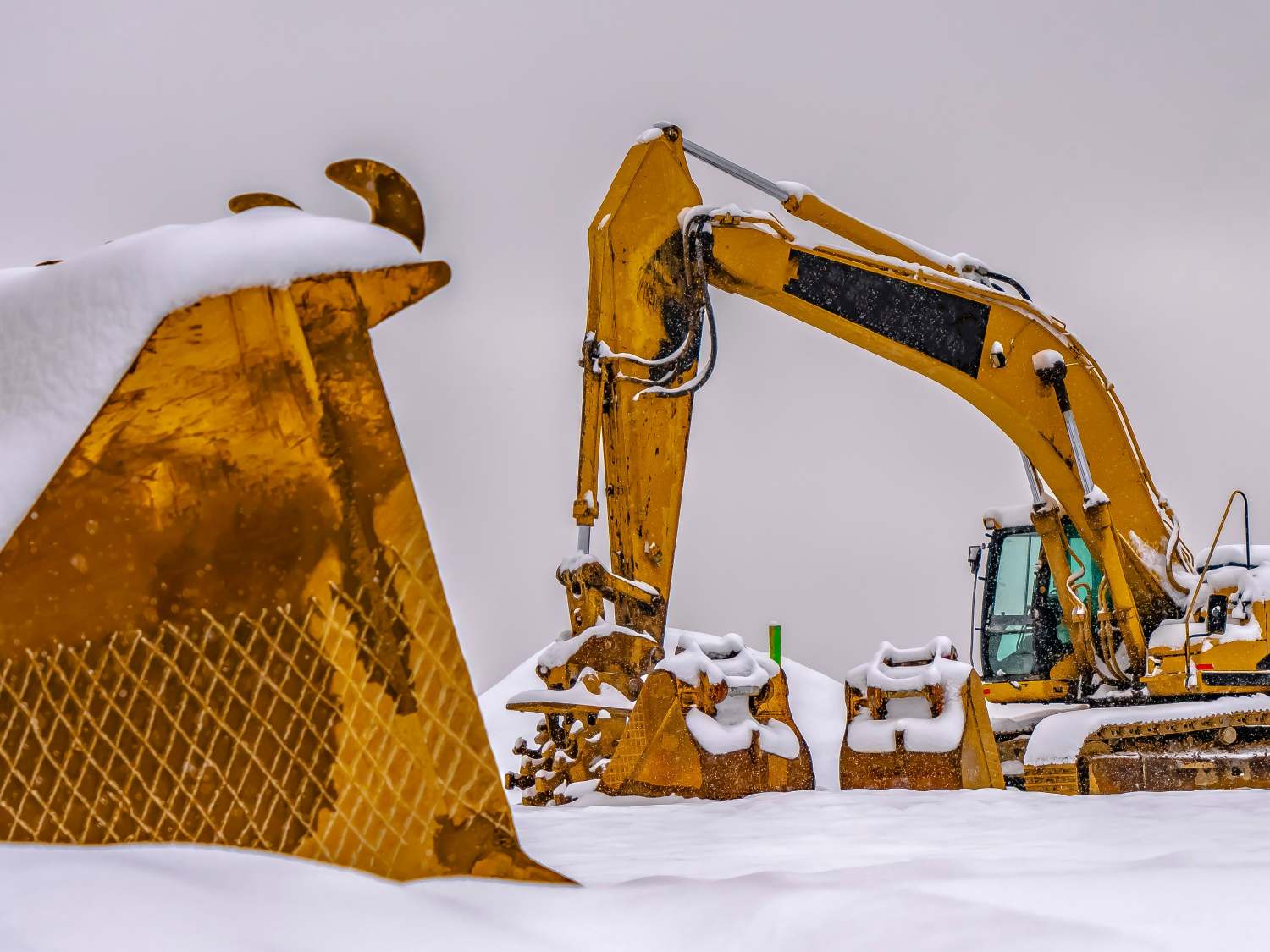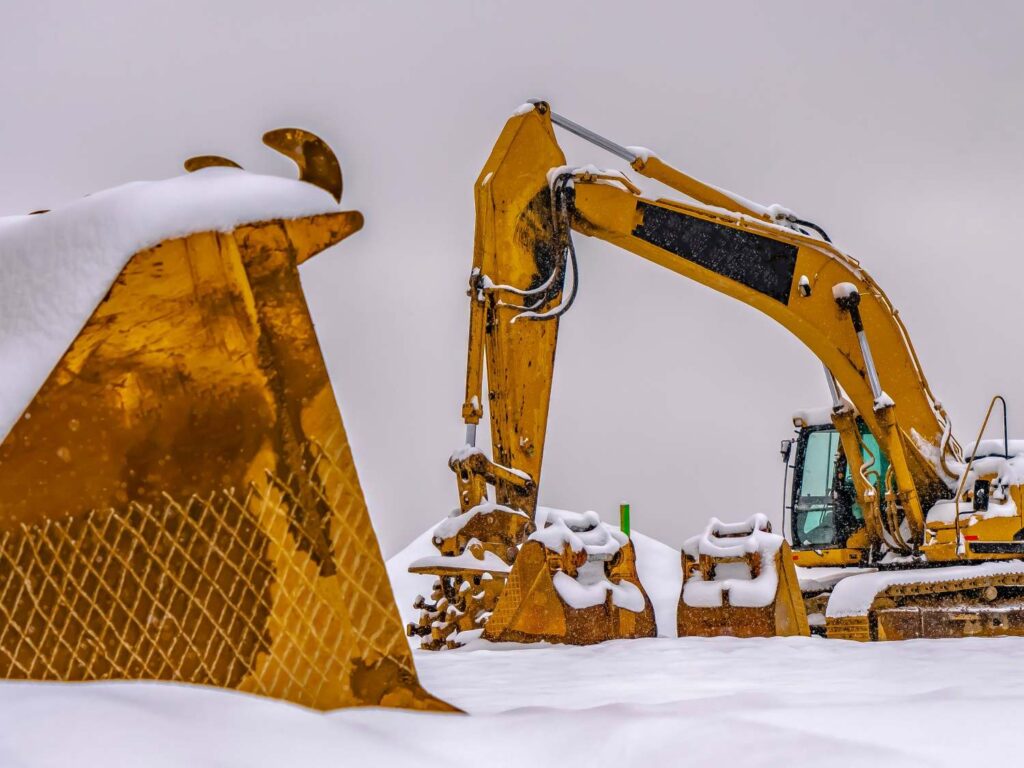How Smart Contractors Keep Crews Working Through the Winter


If it rains, you don’t make money. Every contractor knows that feeling – the sky opens up, the ground turns to soup, and your crews are parked at home instead of moving dirt. But laying people off for the winter can be even more costly. If you’ve got good workers, you can bet someone else is waiting to scoop them up the moment you slow down.
That’s why smart contractors don’t wait for spring. They plan ahead to keep crews working through winter, even when the weather won’t cooperate.
Think Ahead: Plan Projects That Fit the Season
In most areas, especially here in Middle Tennessee, fall brings unpredictable weather. One week it’s hot and dry, the next week you’re getting inches of rain. That’s why planning starts early. Jeff Spencer from ProfitDig says their team starts looking for winter-friendly projects around October – jobs that will kick off in November and carry through March or April.
The goal is to bid and schedule work that keeps people and machines busy when other contractors are sitting idle. In Tennessee, that often means rock jobs – projects where the ground is solid, not muddy.
Look for “Rock Jobs”
When you’re working on solid rock, you can drill and blast without worrying about mud. Your guys stay clean, your equipment stays clean, and you keep the job moving. Areas like Murfreesboro, Lebanon, and Mount Juliet are full of these kinds of sites.
You won’t always be able to fill every schedule gap this way, but having a few of these “winter saver” projects lined up can make the difference between steady paychecks and seasonal layoffs.
Mix in Smaller or Street Jobs
If you’ve got multiple crews, look for smaller projects you can rotate them through when the weather gets bad – punch lists, repair work, or street jobs that don’t turn into mud pits. Even if it’s been raining, you can often keep going on asphalt or concrete work in downtown areas. The key is staying flexible and thinking ahead about access, cleanup, and haul-off logistics.
Just remember: dump sites can shut down if they get too wet. You might have to stockpile material and haul it later when things dry out. That’s all part of planning for the season.
Don’t Gamble on Dirt Jobs in Winter
If you’re bidding dirt projects, be cautious. Once the site turns muddy, most municipalities and environmental agencies (like EPA and TDEC) won’t let you keep working. You can face fines for runoff violations, so even if you want to keep pushing, you may be forced to shut down until it dries up or freezes.
You can work on frozen ground, but that only lasts until the next thaw.
When you’re putting together your bids, assume optimum conditions – but make sure to ask about weather delay clauses before you sign the contract. Most contracts allow for time extensions or change orders due to weather, but not all. If the owner won’t allow any weather-related flexibility, that might be your cue to walk away.
Protect Your Crew, Protect Your Business
It’s tempting to cut payroll when winter slows you down, but laying off good people is risky. Other companies are hiring year-round, and once your best guys leave, it’s hard to get them back. By planning projects that fit the season, you keep your teams paid and your business ready to roll when spring hits.
Like Jeff says, “If you lay somebody off, they’re not going to last long. Somebody’s waiting to pick them up.”
That’s the kind of hard-earned wisdom that separates the pros from the rest.
The Takeaway
If you want to grow your business year after year, don’t let the weather control your calendar. Plan ahead, bid smart, and line up projects that make sense for the season. Winter can be a tough time, but it’s also an opportunity to stand out as the contractor who keeps rolling when others stop.
And if you’re ready to make your bidding and job costing easier, check out profitdig.com/. It’s the world’s easiest construction estimating and job costing system, priced for reality.
Stop losing profit.
Build bids in minutes and track every dime with ProfitDig.
Start Risk-Free30-Day Money Back Guarantee